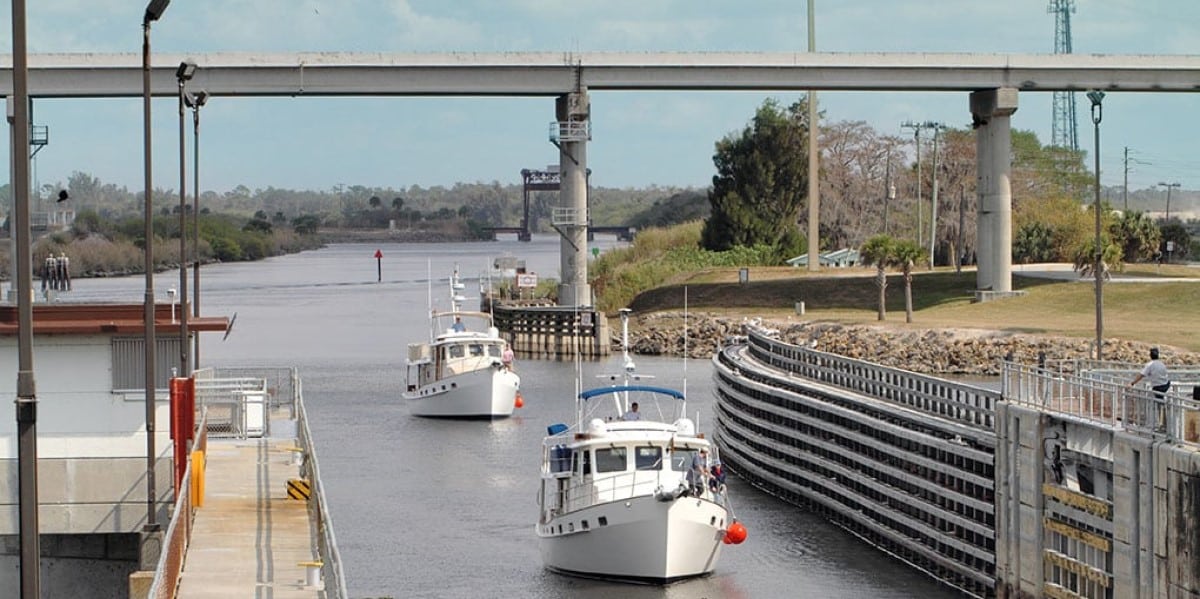The Intricacies of Maritime Law: A Primer
What Exactly is Maritime Law?
Maritime law, often envisaged as the domain of vast, blue international waters and colossal ships, holds broader implications than one might anticipate. It primarily governs activities on navigable waters, a term bringing rivers and lakes into the equation. But, where does maritime law apply? What really qualifies as “navigable”?
The answer lies in the capacity of the water body to foster commerce and transportation of goods and people. It’s not just about the deep blue sea; it’s about the pathways that propel our economies.
The Power of the Term “Navigable”
Defining ‘navigable’ isn’t straightforward. While it certainly encompasses bodies that support trade across international or state borders, the reach extends. A river, even if confined within a state or nation, may earn the ‘navigable’ tag if connected to a larger water system promoting interstate or international commerce.
Jurisdictional Labyrinths
Delineating jurisdiction isn’t a mere academic exercise. Consider the 2018 tragedy on Missouri’s Lake Table Rock, a poignant testament to the imperative for vigilance and understanding in these spaces. Here, defining whether the lake was ‘navigable’ had substantial legal implications.
Deeper Dive into Lakes, Rivers, and Maritime Laws
Maritime Regulations: Crossing Borders with Lakes
Lakes that traverse international or state boundaries, like the Great Lakes straddling the US-Canada border, undeniably come under the maritime jurisdiction. Their scale and connection to broader trade channels are hard to contest.
Rivers and Their Maritime Narrative
Rivers, on the other hand, offer a more nuanced story. Their classification leans heavily on connectivity. If they’re intertwined with larger water systems promoting commerce, their ‘navigability’ and hence susceptibility to maritime laws, is heightened.
Jurisdictional Overlaps: Federal vs State Court
When incidents transpire on these waters, jurisdiction can become a legal quagmire. While the likes of Lake Table Rock are judicially determined as navigable, legal battles can span both federal and state courts. This dichotomy, while perplexing, emphasizes the multifaceted nature of maritime laws.
Contrasting Maritime and Terrestrial Laws
Distinct Legal Pathways
At its core, maritime law isn’t just another branch of legal practice. Its distinctions from terrestrial laws are stark. For instance, federal courts dispense with the right to a jury trial in maritime cases, unless a seaman is petitioning against an employer.
Cases: Federal vs State Court
The nature of the case often dictates its court placement. Personal injury, product liability, and cargo damage claims oscillate between federal and state courts. In stark contrast, property disputes, such as salvage claims, invariably find their way to federal courtrooms.
Navigating Maritime Legalities: Your Best Approach
If adversity strikes on water, the legal aftermath can be dizzyingly intricate. Is it maritime law? Which court will preside? Amidst these pressing queries, one solution shines clear: partnering with an astute Maritime Injury Attorney. Their prowess in this specialized field ensures you’re not adrift but anchored firmly in knowledge and expertise. Maritime legal terrains are undoubtedly challenging, but with the right guidance, you’re equipped to traverse them efficiently.
For unmatched maritime legal expertise, entrust your concerns to a seasoned professional who fathoms these depths deeply and comprehensively.
Frequently Asked Questions (FAQ)
Where does maritime law apply, specifically for lakes and rivers?
Maritime law pertains to activities on navigable waters, which, by definition, include certain lakes and rivers capable of supporting trade or connected to such water bodies.
What does maritime law mean for personal injuries?
For incidents like the Lake Table Rock tragedy, jurisdictional issues arise. Such cases might be heard in both federal and state courts depending on the specifics.
When does maritime law take precedence over state laws?
Maritime law overrides when the water body in question is ‘navigable’ and connected to interstate or international commerce pathways.
What laws apply in international waters vis-a-vis rivers and lakes?
International waters predominantly follow maritime laws. However, rivers and lakes’ legal coverage depends on their ‘navigability’ and connectivity to larger trade-centric water systems.




